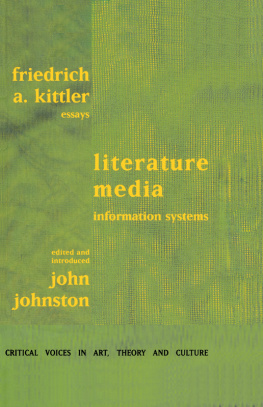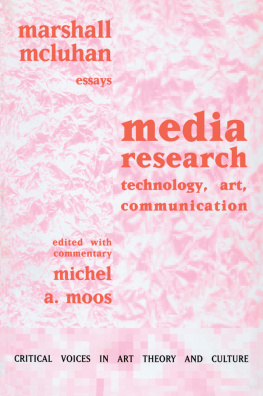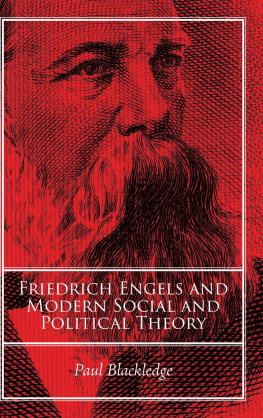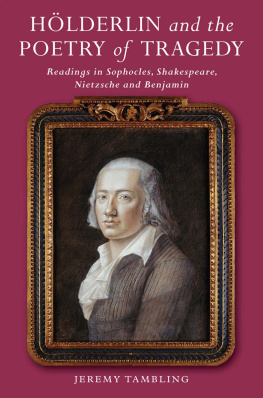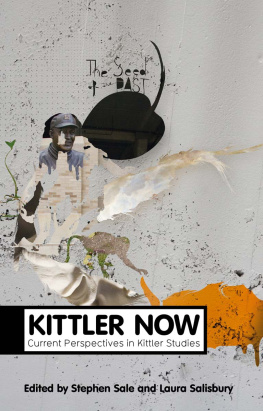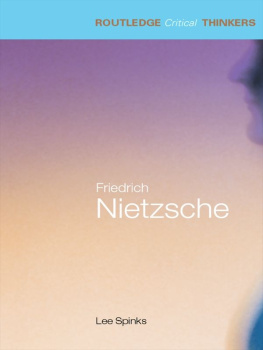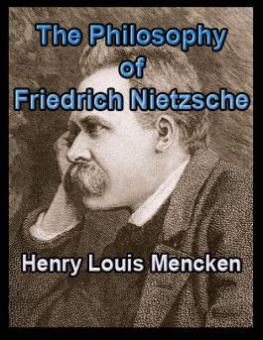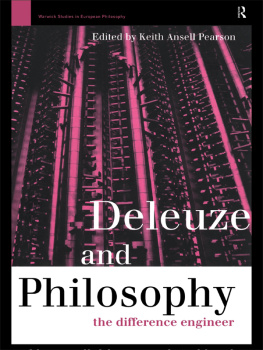literature media
information systems
Critical Voices in Art, Theory and Culture A series edited by Saul Ostrow
Now Available
Seams: Art as a Philosophical Context
Essays by Stephen Melville
Edited and Introduced by Jeremy Gilbert-Rolfe
Capacity: History, the World, and the Self in Contemporary Art and Criticism
Essays by Thomas McEvilley
Commentary by G. Roger Denson
Media Research: Technology, Art, Communication
Essays by Marshall McLuhan
Edited and with a Commentary by Michel A. Moos
Literature, Media, Information Systems
Essays by Friedrich A. Kittler
Edited and Introduced by John Johnston
Forthcoming Titles
England and Its Aesthetes: Biography and Taste
Essays by John Ruskin, Walter Pater, and Adrian Stokes
Commentary by David Carrier
The Wake of Art: Criticism, Philosophy, and the Ends of Taste
Essays by Arthur C. Danto
Commentary by Gregg Horowitz and Tom Huhn
Beauty Is Nowhere: Ethical Issues in Art and Design
Edited and Introduced by Richard Roth and Susan King Roth
Difference/Indifference: Musings on Postmodernism, Marcel Duchamp and John Cage 19731997
Introduction, Essays, Interviews and Performances by Moira Roth
Commentary by Jonathan D. Katz
Music/Ideology: Resisting the Aesthetic
Edited and with an Introduction by Adam Krims
Commentary by Henry Klumpenhouwer
The Myths of Postmodern Theory
Essays by Nicholas Zurbrugg
Commentary by Warren Burt
friedrich a. kittler
essays
literature media
information systems
edited and introduced
john johnston
Copyright 1997 OPA (Overseas Publishers Association) Amsterdam B.V.
All rights reserved.
First published in 1997 by G + B Arts International
This edition published 2012 by Routledge
2 Park Square , Milton Park, Abingdon, Oxon, OX14 4RN
711 Third Avenue, New York, NY 10017
Routledge is an imprint of the Taylor & Francis Group, an informa business
No part of this book may be reproduced or utilized in any form or by any means, electronic or mechanical, including photocopying and recording, or by any information storage or retrieval system, without permission in writing from the publisher.
British Library Cataloguing in Publication Data
Kittler, Friedrich A.
Literature, media, information systems : essays. -
(Critical voices in art, theory and culture)
1. Technology - Social aspects 2. Technology in literature
3. Mass media and literature
I. Tide II. Johnston, John
306.4'6
ISBN 13: 978-9-057010-712 (hbk)
ISBN 13: 978-9-057010-613 (pbk)
C ritical Voices in Art, Theory and Culture is a response to the changing perspectives that have resulted from the continuing application of structural and poststructural methodologies and interpretations to the cultural sphere. From the ongoing processes of deconstruction and reorganization of the traditional canon, new forms of speculative, intellectual inquiry and academic practices have emerged which are premised on the realization that insights into differing aspects of the disciplines that make up this realm are best provided by an interdisciplinary approach that follows a discursive rather than a dialectic model.
In recognition of these changes, and of the view that the histories and practices that form our present circumstances are in turn transformed by the social, economic, and political requirements of our lives, this series will publish not only those authors who already are prominent in their field, or those who are now emergingbut also those writers who had previously been acknowledged, then passed over, only now to become relevant once more. This multi-generational approach will give many writers an opportunity to analyze and reevaluate the position of those thinkers who have influenced their own practices, or to present responses to the themes and writings that are significant to their own research.
In emphasizing dialogue, self-reflective critiques, and exegesis, the Critical Voices series not only acknowledges the deterritorialized nature of our present intellectual environment, but also extends the challenge to the traditional supremacy of the authorial voice by literally relocating it within a discursive network. This approach to texts breaks with the current practice of speaking of multiplicity, while continuing to construct a singularly linear vision of discourse that retains the characteristics of dialectics. In an age when subjects are conceived of as acting upon one another, each within the context of its own history and without contradiction, the ideal of a totalizing system does not seem to suffice. I have come to realize that the near collapse of the endeavor to produce homogeneous terms, practices, and historiesonce thought to be an essential aspect of defining the practices of art, theory, and culturereopened each of these subjects to new interpretations and methods.
My intent as editor of Critical Voices in Art, Theory and Culture is to make available to our readers heterogeneous texts that provide a view that looks ahead to new and differing approaches, and back toward those views that make the dialogues and debates developing within the areas of cultural studies, art history, and critical theory possible and necessary. In this manner we hope to contribute to the expanding map not only of the borderlands of modernism, but also of those newly opened territories now identified with postmodernism.
Saul Ostrow
Friedrich Kittler: The Passage from Network to Narrative
T his collection of Friedrich A. Kittlers essays along with John Johnstons invaluable commentary make available for the first time not only previously untranslated texts, but also an overview and analysis of the significance of Kittlers work in communications theory as well as literature. On the basis of the postulate that literature best records medias effect both psychologically and heuristically, Kittlers research focuses on what technology inscribes upon us and how we in turn reproduce its narratives of self-identity and otherness.
If you are wondering why you havent heard of Friedrich Kittler before this, it is because knowing about him is the exception to the rule, even though he has a growing reputation in Comparative Literature departments in the United States and among those who are concerned with technologys continuing effect on our cultural outlook as well as our daily lives. This reputation is based on the few texts that have been circulated through such magazines as 1-800, or those which can be found on the Internet. While this text demonstrated the complexity of Kittlers analysis and the breadth of knowledge he brings to bear on his subject, neither context nor indication of the broader implications of his work were supplied.
Kittler, a professor at the Institute for Aesthetics at Humboldt University in Berlin, is the author of seven booksrelations to the wars that produce them. Tracing the origins of the Internet and fiber optics to the militarys need for media that would survive nuclear detonations, Kittler finds greater significance in the fact that this new communications network connected computers rather than human beings. The implication of this for Kittler is twofold: first, that information and communication had gained their autonomy, and second, that we are now moving toward becoming the

